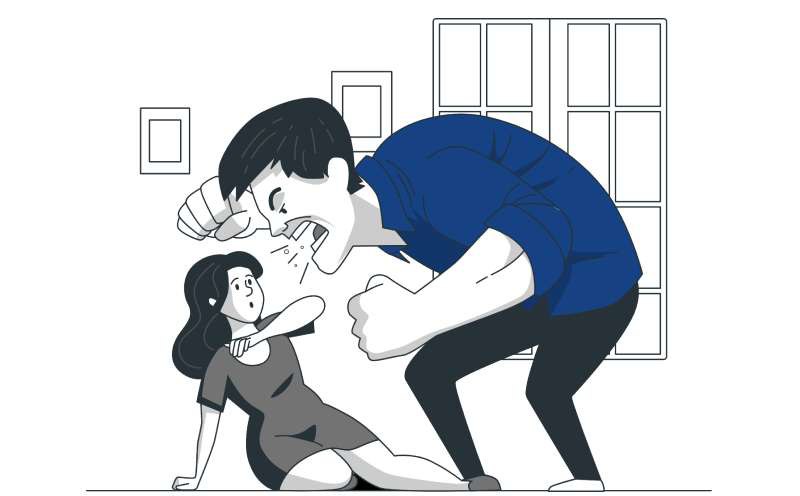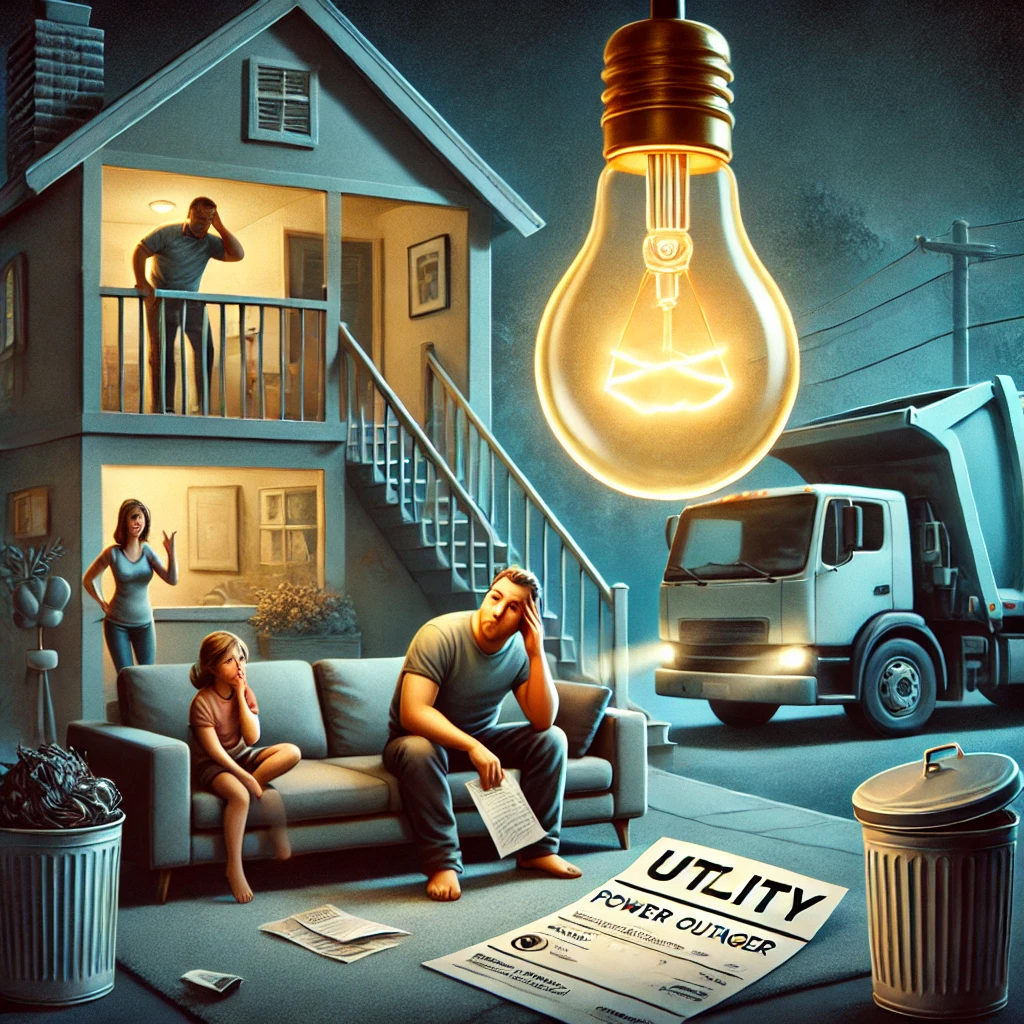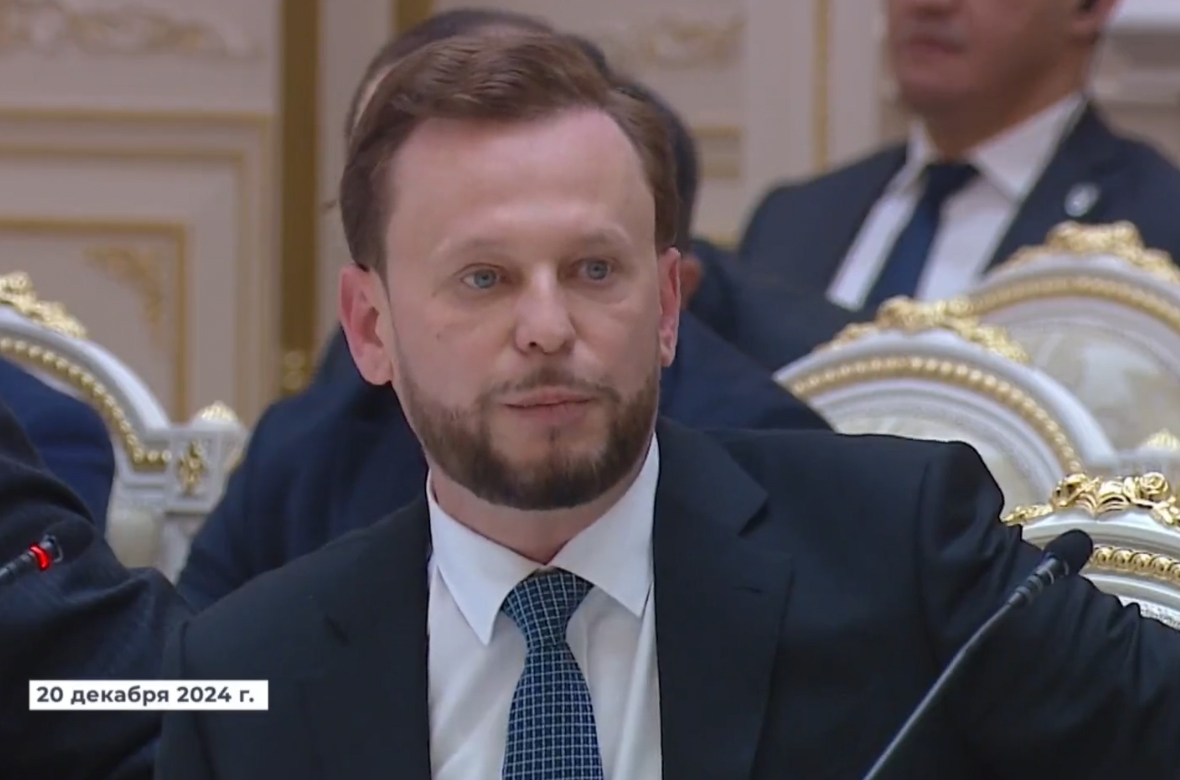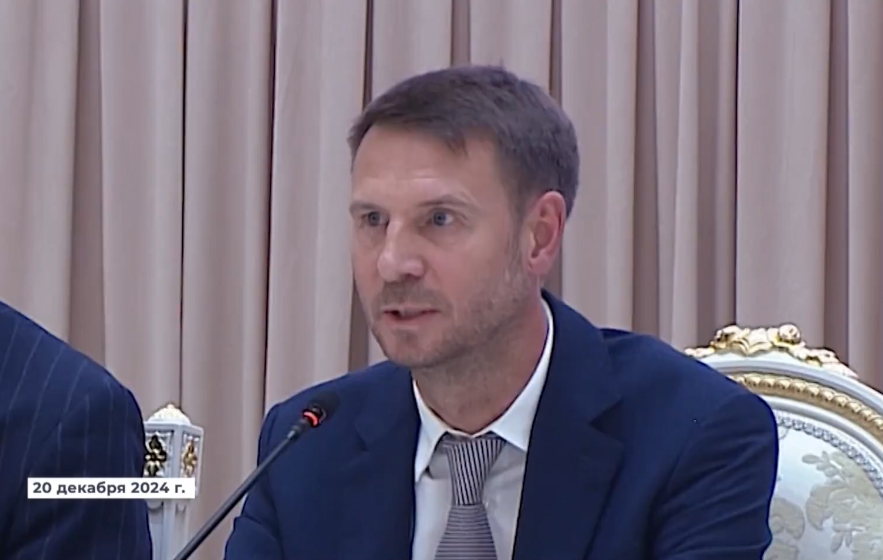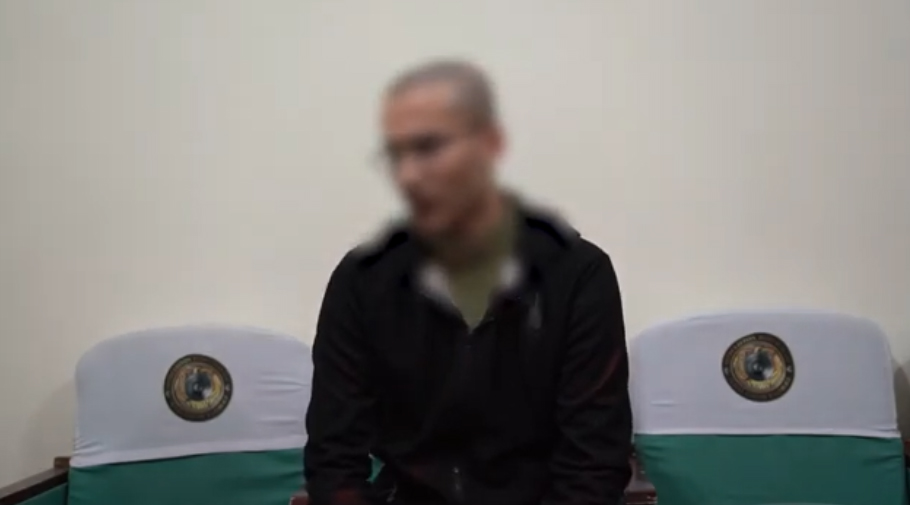This article is also available in:
Русский (Russian)
Recently, news of rapes, murders, beatings, sexual harassment, and domestic violence has flooded social media and news outlets. It feels like the country is plunging into some terrifying chaos with no way out. Is this just the negativity pushed by the media? Perhaps our society is still not accustomed to the sheer volume of news about violence after the Karimov era, when everything was portrayed in a perfectly clean and polished manner.
Or has the so-called “lost generation” come of age? It’s often said that over the past 30 years, education in schools and universities has been gradually dismantled and turned into a market commodity. As a result, we’ve ended up with poorly educated people who lack basic manners and whose only concern is the satisfaction of their own needs.
There may be other, more serious and deep-seated roots to this problem. The editorial team at Vaib.uz has tried to dig deeper and understand how we can all combat sexual violence.
New Media and Changing Consumption of Content
According to Irina Matvienko, a gender expert, feminist activist, and founder of the anti-violence project NeMolchi.uz, it’s difficult to claim that the problem of violence has gotten worse only recently. While there’s indeed more media coverage on the issue, it’s crucial to understand that this rise in reports stems from growing public interest in the problem.
Irina points out that new media has drastically changed how information is spread. Today, anyone can create content that instantly goes viral, which wasn’t possible before. The methods of news creation and distribution have changed, giving the illusion that such cases were rarer in the 70s, 80s, or 90s. However, comparing the social and media landscape of those times with today reveals that the shift is more about the way issues are covered rather than the issues themselves intensifying.
Public figure and blogger Islam Kaparzo shares a similar view. He believes that the media often focuses on negative events because negativity is more attractive to audiences. It’s well-known that people react more strongly to bad news because it’s tied to an instinctive protective reaction. Humans perceive negative information more deeply because their subconscious is focused on survival and safety.
“From my life experience, having lived through the Soviet period, the Karimov era, and now, I can say that the sharpness of these problems has never really gone away. It’s always been there, sometimes less noticeable, sometimes more intense,” he remarks.
Liana Natroshvili, a psychologist-sexologist specializing in the aftermath of violence, notes that cases of violence have simply become more visible now. But even with increased visibility, the real number of cases may be far higher than what is officially recorded. According to international organizations, one in four women worldwide has experienced sexual violence, and this is not recent data. The issue isn’t limited to women — a significant number of men have also been victims, especially during childhood and adolescence.
Feruza Izzat, a professor at Antalya Pedagogical University (Turkey) and an activist for women’s rights, highlights that for a long time in Uzbekistan, it wasn’t socially acceptable to openly discuss violence.
“Violence was hushed up, discussed in closed circles, often whispered about, and kept in the shadows. Today, the situation has started to change thanks to active use of social media, the widespread sharing of information via the internet, and most importantly, because victims are increasingly willing to speak out and share their experiences openly. This helps society gradually learn how to respond appropriately,” said Feruza Izzat.
However, the expert also points out that in some cases, victim-blaming still occurs — where victims themselves are blamed for what happened. A positive trend is that more and more people are beginning to realize the importance of assessing situations wisely and are standing up against violence.
Fighting Violence: Are There Results?
Violence is a form of abuse of power, where one person or a group of people uses physical, psychological, economic, or sexual violence to control another.
In Uzbekistan, victims of physical and sexual violence often find themselves defenseless due to societal stereotypes. One such stereotype is that family problems shouldn’t be made public. As a result, many women and parents of children who’ve suffered violence prefer to remain silent, fearing judgment or further persecution. According to the experts we interviewed, the statistics on violence in Uzbekistan, with its population of 38 million, don’t appear catastrophic. But these are only the cases where victims have gone to court. The real picture is unknown.
“As a psychologist-sexologist, I often encounter the fact that most victims of violence do not report it to law enforcement. They share their experiences only with close relatives or specialists like me. This means many cases remain outside official statistics,” said Liana Natroshvili.
In April 2023, the president of Uzbekistan signed amendments to legislation on the protection of women’s and children’s rights, which criminalized domestic violence and introduced penalties for sexual harassment. By the end of last year, 9,131 people had been held accountable under the new laws on domestic violence.
Under the article on “domestic (family) violence” in the Code of Administrative Responsibility, 8,928 individuals were fined, with 5,229 receiving fines and 3,699 placed under administrative arrest. Meanwhile, under the article on “domestic (family) violence committed repeatedly or with aggravating circumstances” in the Criminal Code, 203 people were convicted, 59 of whom were sentenced to imprisonment, and 144 received non-custodial sentences.
In late September 2024, the anti-violence project Nemolchi.uz released data from the Supreme Court of Uzbekistan for the first eight months of 2024 under the article “Sexual Harassment.” During this period, 1,156 people were convicted, compared to 666 for all of 2023.
This data has sparked concern in society. On the one hand, the number of cases of violence and harassment being prosecuted has increased. On the other hand, people see that most offenders get away with minor fines or administrative arrests of up to five days.
This paints a troubling picture. Victims of violence who went to court and proved the guilt of those who committed the acts now know that the perpetrator may only face a fine. And for victims of violence, the outcome of the court case is crucial — they want the perpetrator to be punished for their actions.
Feruza Izzat also notes that both society and the internet have developed a tendency to react only to high-profile cases. These incidents are hotly discussed, government agencies get involved, and investigations are launched, but society quickly shifts its attention to the next big story. As a result, the main outcome — especially important to the victims, who seek real resolution to their problems — is often overlooked.
“Many victims of violence don’t turn to law enforcement because they believe asking for help will become yet another ordeal! This is something that also needs addressing. Women and men who’ve survived violence are a very vulnerable group, and they should be treated with special care and attention,” said Liana Natroshvili.
Our conversation with the experts revealed that the problem of violence runs much deeper than it might seem at first glance. It’s a multilayered, painful issue that affects all of society. Violence isn’t just about physical or emotional wounds — it permeates a weak legal system, is deeply rooted in socio-economic injustice, and feeds off cultural norms that too often turn a blind eye to aggression. We see how cruelty becomes normalized, how it’s excused or simply ignored — whether in the family or in society. This reality is shocking and demands more than just superficial changes. If we truly want to change things, we need not only to update laws but also to rethink our value system and people’s perspectives. Only then can we begin to move toward a future without violence.
Objectification of Women
Irina Matvienko pointed out that one of the key phenomena contributing to the spread of violence is the objectification of women. Objectification occurs when a woman is viewed not as an independent individual with her own rights, but as an object whose value lies solely in fulfilling certain social roles. In modern society, these roles are often related to sexualization, pleasing men and others, adhering to certain beauty standards, motherhood, domestic responsibilities, and caring for family members, while men are often relieved of similar responsibilities.
Irina emphasizes that the objectification of women intensifies when they become mothers, and their personal identity loses its value beyond the family. As a result, such a woman is seen only through the lens of her duties to her family. This, in turn, leads to dehumanization and lays the groundwork for violence, as her rights as an individual are ignored.
Moreover, when speaking about cultural stereotypes, a woman who has not married or has lost her virginity also loses her subjectivity. She is seen as “defective” compared to so-called “ideal” women who meet these standards. This is similar to how we perceive damaged goods—as something that has lost its value due to a physical defect. Similarly, the cult of virginity turns a woman into an object whose worth is measured by a single characteristic, while her personal qualities are disregarded.
Objectification of women, according to the expert, manifests itself in the way women are viewed as those who must serve: whether it’s the husband, children, or society. Their desires and aspirations are often not taken into account, or those desires are shaped by social expectations. As long as a woman is seen as an extension of a man, the kitchen, or children, she cannot be a full-fledged person.
“On one hand, our society actively promotes the idea of the family. There’s constant talk about how important family is, and there’s nothing wrong with that. For many people, myself included, family is a support system and an important element of life. However, the question is, what kind of family model is being promoted? We talk about the family as the ‘building block of society,’ but should a family where violence exists be preserved?” Matvienko asks.
She believes that it is now important not only to discuss the value of family but also its quality. The state focuses on the need to preserve families but rarely discusses what the relationships within the family should look like—mutual respect and safety. In media and on television, questions such as “Does a husband have the right to hit his wife?” are often discussed, which is horrifying in itself because such questions legitimize violence. Instead of promoting healthy models of family relationships, we see how violence becomes part of the public discourse.
Legislation also plays a role in the current situation. For example, a court ruling allows a judge to refuse a divorce if there are no “significant” reasons for it. Conflicts or mutual unwillingness of spouses to live together are not considered sufficient grounds.
Another factor is the economy. Women often face serious difficulties after divorce. In many cases, they do not have rights to housing and cannot provide for themselves and their children. The state does not offer adequate social support programs or affordable housing, further complicating the situation.
Additionally, women are often deprived of the ability to make decisions independently because their upbringing is based on the idea that first, their parents are responsible for them, and then their husbands. In such conditions, when a woman is left, for example, with several children, without education or work, she becomes extremely vulnerable. And if the state simplifies the divorce process, it must also provide these women and their children with housing and other forms of support, which requires significant resources.
It is also important to recognize that women raising children contribute tremendously to society and the state. They are raising future citizens who will shape the country’s future—from politicians to workers in every sector. Yet this work is often unrecognized, and women find themselves in difficult situations without receiving the support they deserve.
In the end, economics, traditions, and cultural stereotypes create a vicious cycle in which women are trapped by objectification, lack of rights, and opportunities.
Aggression and Childhood Triggers
Liana Natroshvili identifies several causes for the rise of violence. Firstly, it’s the overall level of aggression in society, largely fueled by economic hardships, rapid population growth, and global crises. People are exposed to a daily barrage of negative information, which increases their sense of helplessness and frustration. If a person does not know how to cope with these emotions, they may express them through aggression, often directed at women and children, who are perceived as “safe” targets.
Furthermore, violence is often ingrained in culture as a way to resolve conflicts. This pattern is established at an early age when children are punished physically or emotionally. As they grow up, they carry this pattern into their relationships—whether in the family, at work, or in other social interactions.
Another important factor is the influence of pornography. It often normalizes violence and dehumanizes women, spreading distorted ideas about sexual norms. Many men, especially young ones, grow up consuming this content, and as a result, their understanding of what is acceptable and normal in sexual relationships shifts, potentially leading to acts of violence.
Increased Segregation
According to Feruza Izzat, in recent years, segregation between men and women has been increasing in Uzbekistan. Young people often don’t know how to properly interact with the opposite sex. Moreover, the perception of women as objects for satisfying sexual desires is spreading.
Sometimes, this is fueled by the incorrect interpretation of religious views, even though religion does not call for complete separation of men and women. When Islam first emerged, men and women were active members of society, interacting, trading, and making joint decisions within ethical boundaries. Over time, attitudes toward women changed, and they were gradually separated from society. As a result, extreme segregation, in the expert’s opinion, can lead to negative situations.
The expert also highlights the importance of raising boys to respect women and their right to live in safety. Every religion condemns cruelty and calls for justice, reminding us that the prayers of the oppressed never go unanswered.
Spiritual Degradation and Lack of Ideology
Islam Kaparzo believes that the increase in violence among people is a global trend, not just limited to Uzbekistan. It is linked to the loss of spiritual values.
“Spiritual degradation is a global problem. People are becoming more focused on material gains, forgetting basic human qualities like respect, compassion, and kindness,” says Islam Kaparzo.
According to him, education does matter, but what’s also important is who teaches it and which subjects are prioritized. Spirituality manifests differently in everyone, and if the state does not form a clear policy in this area, there arises a serious problem with ideology. A lack of ideology makes it difficult to create a clear development strategy for society. Today, ethics as a subject is nearly absent and is replaced by superficial religious practices. However, religion is often seen as a set of rituals rather than a source of spiritual growth. This happens because of a lack of education and spiritual literacy at all levels.
Moreover, the loss of life priorities and values leads to people being willing to step over others for quick profit. This, in turn, increases violence in society, Kaparzo believes.
These problems can only be solved through clear government policies aimed at nurturing basic human principles. Respect for women, other people, animals, and nature—all of this is tied to ideology. When the state does not understand what spiritual growth and humanity mean, it cannot build a strong society. Ideology must be clear and profound, incorporating spiritual values. Without it, society will swing from one extreme to another, between radicalization and oligarchy.
“The lack of clear ideology gives rise to all the negative trends we observe in the world today,” concludes the expert.
The Importance of Sex Education
Fighting violence requires a comprehensive approach at all levels of society. According to almost all the experts interviewed, eradicating the culture of violence is a process that must begin from a person’s earliest steps in life and accompany them throughout their development. Systematic work through education and upbringing, including social advertising, kindergartens, schools, and work with parents, is essential.
“We need to explain at every stage that violence is unacceptable. Parents should be taught how to raise children without violence because many simply don’t know any alternatives. Not everyone has access to psychologists or educational literature, so such education should be made available through the media and the education system,” says Liana Natroshvili.
However, the media and educational system won’t drive this process on their own. Once again, a “customer” in the form of the state is needed to launch these programs.
For several years, there have been discussions in Uzbekistan about introducing sex education lessons in kindergartens and schools, but in practice, they have yet to be implemented. Occasionally, nurses come to classrooms to conduct lessons where children ask awkward questions and then laugh about how sex education is taught in the 21st century.
According to Irina Matvienko, sex education is often demonized in society. The expert explains that sex education worldwide is adapted to children’s ages and the socio-cultural characteristics of each country. It’s important to understand that sex education aims to teach children about personal boundaries, safety rules, and understanding their own bodies, not early sexual relationships. This education helps children become aware of boundaries, respect their bodies, and report unwanted contact in a timely manner.
“Sexual education, which is often lacking among people, seems to contradict traditional views in our country, but it is absolutely necessary. An educated person, regardless of gender or age, will be more attentive to themselves and others. Bans won’t solve the problem, but education and explanation will help people understand what is harmful,” adds psychologist-sexologist Liana Natroshvili.
She also notes that an important step toward changing the situation will be the adoption of standards and guidelines, as well as the training of specialists who work with violence issues at all levels. Yes, it will require significant financial investment and time, but only through comprehensive education and the establishment of interaction standards can society overcome the current culture of violence.
The article may contain inaccuracies as it is translated by AI. For more details, please refer to the Russian version of the article. If you notice any inaccuracies, you can send corrections via the Telegram bot: Uzvaibik_bot.

